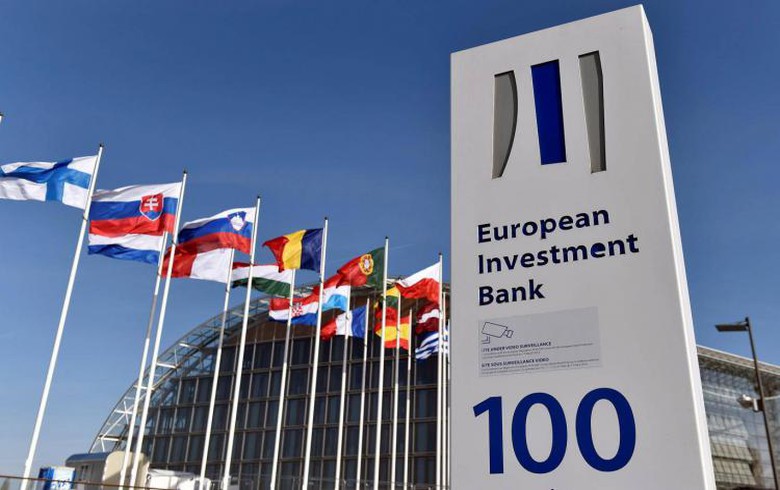The peak summer season (June-September) ended with 2.66 million passengers, of which 658,569 travelled through Malta International Airport in September. At 86.4 per cent, September’s recovery of pre-pandemic traffic was similar to the recovery rates posted in July (86.3 per cent) and August (86.5 per cent).
In September, 89.5 per cent of the seats available on the flights operated to and from Malta were occupied, marking an increase of 3.3 per cent over the same month in 2019.
Top Markets
Almost no changes from the previous three peak months were observed in relation to the top drivers of traffic, with the Italian market registering an increase of 13.1 per cent in passenger numbers over September 2019 and remaining top of the leaderboard for the seventh consecutive month. Italy was followed by the United Kingdom, which generated 33 per cent less traffic than it had in 2019.
While Germany ranked third again for the first time in six months, the number of passengers travelling to and from this market remained 34.7 per cent below pre-pandemic levels. On the other hand, the French market dropped to fourth place, despite registering an increase of 29.5 per cent over pre-pandemic traffic.
Spain, which ranked fifth, continued to recover at a slow pace, with passenger traffic to and from this market remaining 18.3 per cent below pre-pandemic levels.
Winter 22/23 flight schedule launched
Malta International Airport is now easing into the new season, having launched its winter 22/23 flight schedule earlier this week. This schedule offers around 80 per cent of pre-pandemic connectivity together with several new developments which are expected to support the airport in surpassing its forecast 5.4 million passengers by the end of the year, despite a number of economic factors that may have an impact on the demand for air travel.
One of the highlights of this schedule is the return of flag carrier Air Serbia with a biweekly flight, constituting a much-welcome decision, given Malta International Airport’s efforts to maintain a healthy mix of airlines operating to and from Malta. The schedule also features up to 14 weekly flights to Istanbul, up from seven weekly flights operated during the winter 21/22 season.
The Maltese Islands will be connected to Sweden once again through a biweekly flight to Stockholm, following the suspension of this route, which had been operated by Scandinavian Airlines, in 2021. This development falls in line with Malta International Airport’s endeavours to better tap into the potential presented by the Scandinavian market, which is currently accessible from Malta through flights to Sweden and Denmark.
Government-mandated border control checks scheduled for travellers next week
Targeted controls will take place ahead of the 31st Ministerial Council of the OSCE
SME Chamber applauds European Investment Bank decision to open Malta office
The opening was announced at an event held on 27th November
Maltese private pension holders multiply eight-fold since 2019
The ‘exponential’ increase was driven by growing interest from domestic households, with workplace pensions remaining very limited






